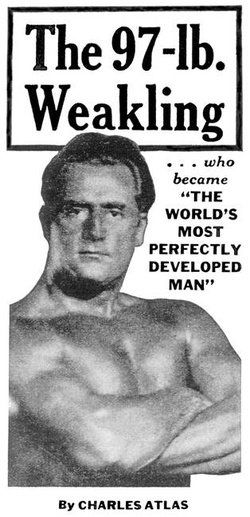
The Christian is weak, and yet he has all power. He has renounced his own strength, as well as his own wisdom. But having no power in himself, he may be said to have all power in God. He can almost say with the Savior, "Thinkest thou that I cannot now pray to my Father, and he shall presently give me more than twelve legions of angels?” And He, who gives him strength, gives him also honor; so that he, who is despised among men, has all honor with God. His name is cast out as evil among men; but it is written and registered in bright letters on the heart of the Infinite.
It is in such views that we find an explanation of the contrasted but triumphant expressions of the Apostle Paul, in his second Epistle to the Corinthians: "We are troubled on every side, yet not distressed; we are perplexed, but not in despair; persecuted, but not forsaken; cast down, but not destroyed.”
"For which cause," he adds, "we faint not; but, though our outward man perish, yet the inward man is renewed day by day. For our light affliction, which is but for a moment, worketh for us a far more exceeding and eternal weight of glory; while we look not at the things which are seen, but at the things which are unseen; for the things which are seen are temporal, but the things which are unseen are eternal."
— edited from A Treatise on Divine Union (1851) Part 8, Chapter 8 Chapter 8 by Thomas Cogswell Upham. His blog is managed by Craig L Adams and can be found here: http://thomascupham.blogspot.com
 RSS Feed
RSS Feed